Art/iculation magazine was produced on land that is the unceded territory of the Kanien’kehá:ka Nation of the Haudenosaunee Confederacy. The editorial staff recognizes that it is not enough to acknowledge the keepers of this land, and encourages readers to critically interrogate colonial histories and their present-day implications.
For those who identify outside the gender binary, embracing personal truth and living authentically is no small feat. Creative tactics are often required to move from surviving, to thriving, in the face of ongoing violence, oppression, and discrimination. To quote trans advocate and actress, Laverne Cox: “There are so many forces that don’t want us to be alive, and so just being openly who I am, and happy and thriving, is a political act1.”
Indeed, this issue of Art/iculation stemmed from such a realization. We first met at the 2017 Montreal Trans March, an inclusive rally advocating for trans migrant rights. Inspired by the energy and tenacity of organizers and attendees – and that of Montreal’s trans communities more broadly – we decided to collaborate on this issue, in an effort to highlight and uplift diverse voices that our institutions, and society at large, all too often marginalize and gatekeep.
This “Alive & Well” issue, thus, commemorates the resilience of local gender diverse communities, encompassing those who are transgender, non-binary, Two-Spirit, intersex, and anywhere across, off, or beyond the spectrum. It affirms that gender fluidity has always existed within Montreal, Quebec, and Canada, and that it always will. It acknowledges that prior to colonization, genders were never bound in a binary and that First Nations communities – the first inhabitants of this land – have long recognized and respected a diversity of genders. It asserts that transgender, gender-fluid and Two-Spirit people belong here and that, in the words of Dr. Lila Pine, “their resurgence is cause for celebration2”.
We hope you find this issue equal parts curative and informative. We hope that it helps you on your path to feeling alive and well.
Through the collective expressions of local artists, activists, poets, and writers, this issue embraces the many ways of knowing and transmitting knowledge. Within these pages, you will find academic articles next to poems, interviews interspersed with speeches, and all contributions framed with beautiful artworks, meant to both complement written pieces and speak for themselves.
In keeping with writer Fariha Róisín, an advocate of radical self-care who articulates,“there can be no revolution without restoration3,” we have organized this issue to recreate the journey from surviving to thriving, putting different styles in conversation to demonstrate that the path to wellness is rarely linear.
The issue opens with a personal essay by Faraz Abdullah, who shares what moved them from self-questioning toward self-acceptance. Illustrations by farha najah depict solidarity with queer and trans Muslims of colour. Valérie Gingras poetically inscribes quotidian struggles associated with living authentically. Visual artist Starchild Stela discusses their growing non-binary portrait series, which started as an intimate project for close friends. Isabella Greenwood’s sketch conveys intense emotion and energy.
Daniela Picchiai poetically affirms the need to decolonize self and society to move past gendered stereotypes. In a letter to famed Montreal author Gabrielle Roy, Rae Marie Taylor explores how art and inner strength restored her aliveness and well-being. Through verse, Laurence Guysinger relates the importance of authenticity despite familial dissent. A distinctive illustration by Shanmukha Inkas depicts body positivity and self-love. In his speech, Lucas Charlie Rose, affirms that his gender is Black and offers support to fellow trans men of colour, coupled with a powerful depiction of Black trans masculinity.
In our feature piece, renowned activist and author Robyn Maynard speaks with managing editor and fellow Black Lives Matter activist Vincent Mousseau about her new book, “Policing Black Lives: State Violence in Canada from Slavery to the Present,” and explores the nature of community, as well as the importance of activist self-care. An illustration by SIKA Valmé demonstrates the power of togetherness, and the comfort that comes with confiding and exchanging with others.
In their academic article, Antoine Masson-Courchesne relates the history of transgender and non-binary identity in Quebec-based academic research. First Nations poet and scholar Billy-Ray Belcourt continues the conversation about the experience of QTBIPOC in academia.
Florence Ashley affirms the validity and womanness of their trans body. Jia Yi Fan offers a tribute to and solidarity with transgender women of colour. A poem by nic lachance concludes the issue with an affirmation of the power of all gender identities.
Our cover art by D. Mathieu Cassendo exemplifies what it means to be alive and well – laughter, camaraderie, and a sense of togetherness. We believe there’s room on that couch for everyone.
By focusing on restoration, along with representation4, of Montreal’s rich and complex gender makeup, we hope you find this issue equal parts curative and informative. We hope that it helps you on your path to feeling alive and well. And just in case you forget, there are diamonds marking the way to remind you that you are strong, you are resilient, and you shine brightly.
Happy reading,
Sofia Misenheimer and Vincent Mousseau
Editor-in-chief Managing Editor
- https://www.glamour.com/story/laverne-cox-ivy-park-campaign
- https://www.theglobeandmail.com/opinion/before-contact-this-land-was-a-gender-fluid-place/article37388047
- https://www.allure.com/story/how-to-practice-radical-compassion-as-self-care
- https://www.them.us/story/trans-visibility-does-not-equal-trans-liberation



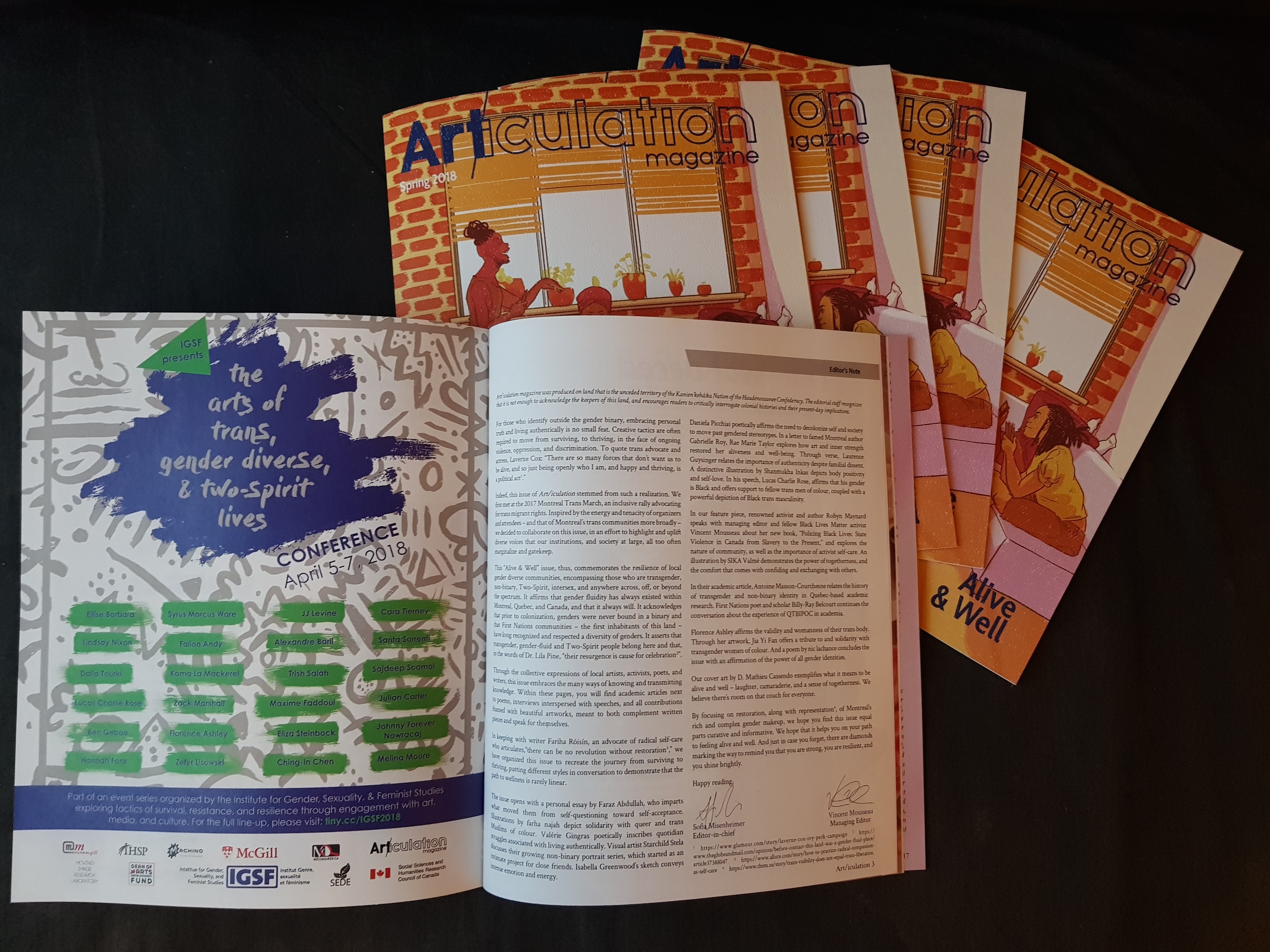


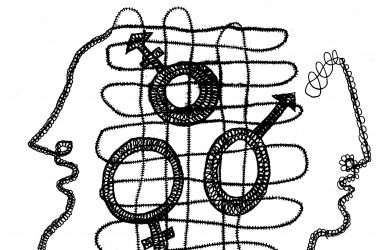
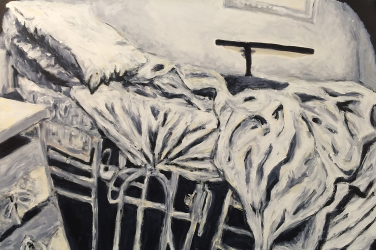
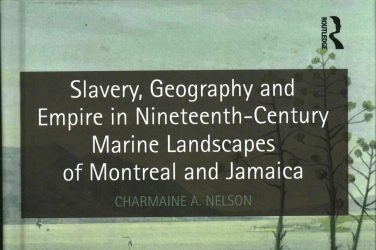
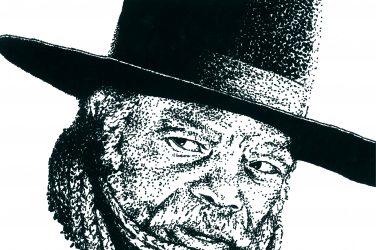
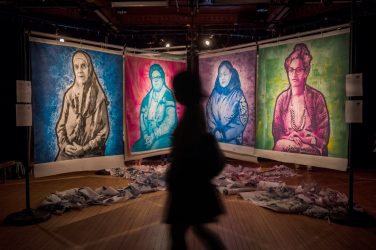
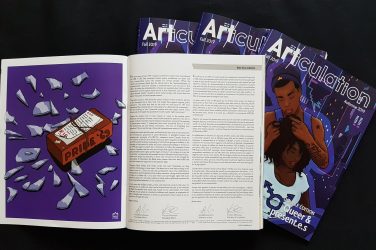
Show Comments (0)